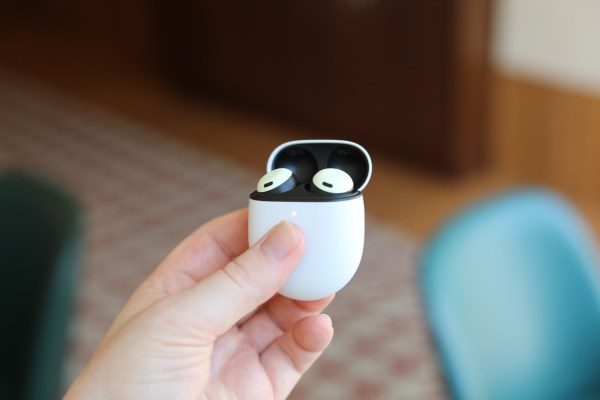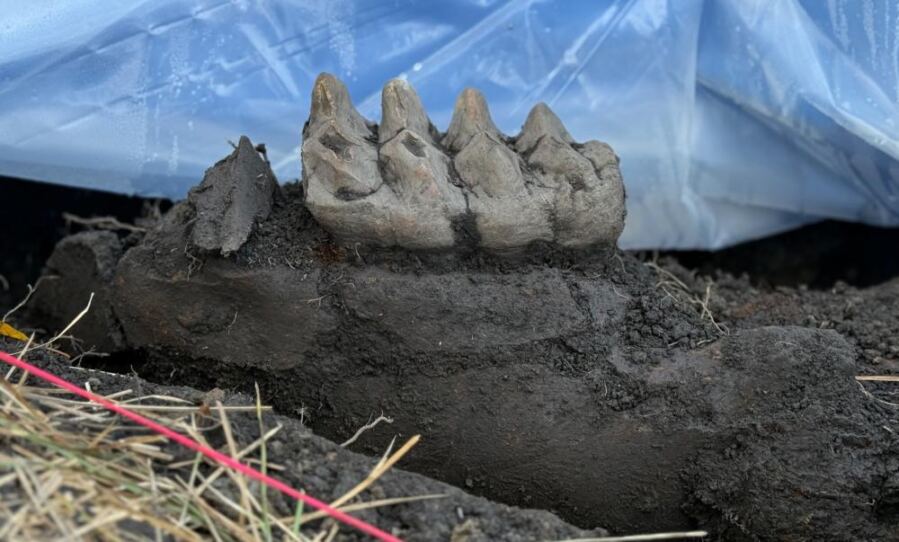For the first time, scientists have captured video of leeches leaping from leaves, settling a centuries-long dispute over the bloodsuckers’ ability to jump.
The question of whether leeches can jump has been debated since rumours of the behaviour emerged in the late 1800s. There have been occasional sightings since, but this is the first conclusive evidence.
Mai Fahmy at Fordham University in New York documented this ability in 2017 while doing fieldwork in Madagascar. During a hike, she encountered a Chtonobdella leech (Chtonobdella fallax) – an earthworm-sized animal that lives solely in Madagascar.
“I squatted next to it on the ground, and I took out my phone and started recording,” says Fahmy. “At the time, I didn’t realise what I had captured.” When she showed the video to her colleagues back in New York, Fahmy says they all had the same reaction: did that leech just jump?
Six years later, Fahmy returned to Madagascar to try to record another jumping leech and once again found quick success. This time, two leeches were interacting before one leapt from a leaf.
The leeches prepare by anchoring their rear sucker to a surface – in this case, a leaf – and coiling the rest of their body backwards. Then, in one rapid motion, they launch their body forward, much like a striking cobra, unsticking their rear sucker and becoming airborne.
The sudden burst of movement may be a tactic to land on or near unsuspecting prey. The leap is a bit awkward, but “this is very clearly an active form of propulsion”, says Michael Tessler at Medgar Evers College in New York.
Land-living leeches have not been closely studied, despite their ability to help conservationists track down hard-to-spot animals by analysing the blood from these creatures that the leeches have sipped. But finding this ability in two different individuals and locations “suggests that this behaviour is more common than we might have anticipated”, says Tessler. Based on this evidence and anecdotal stories from other regions, he suspects these are not the world’s only jumping leeches.
Topics:

























































